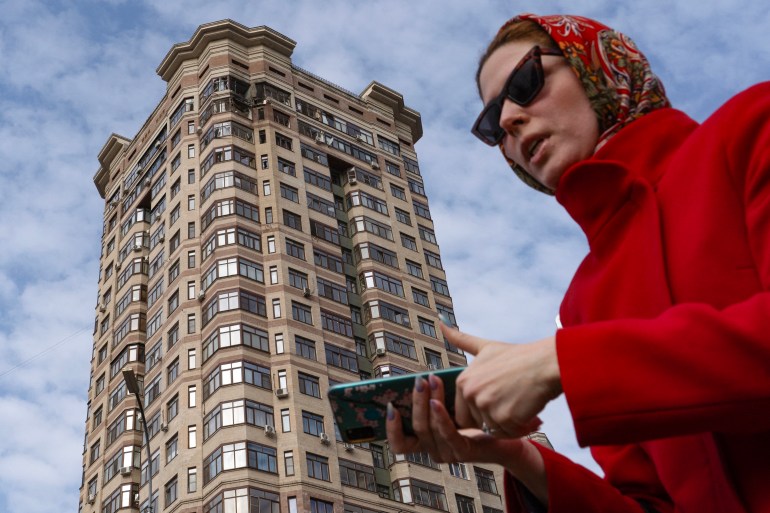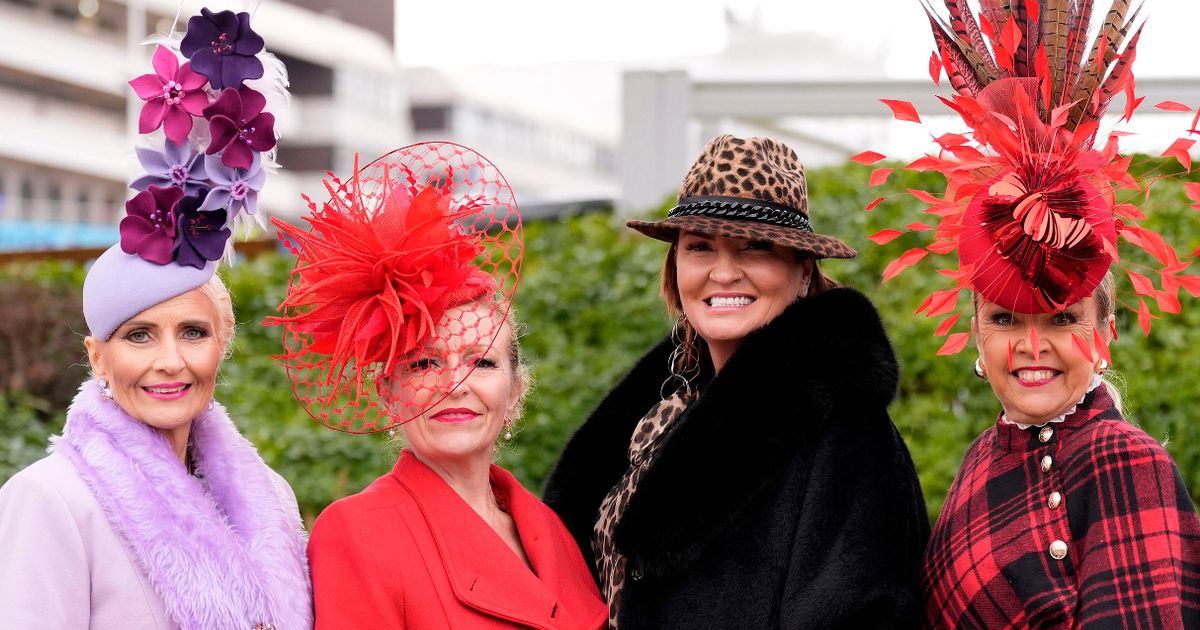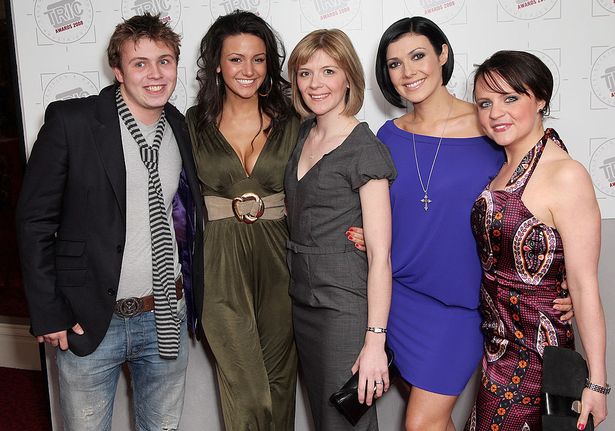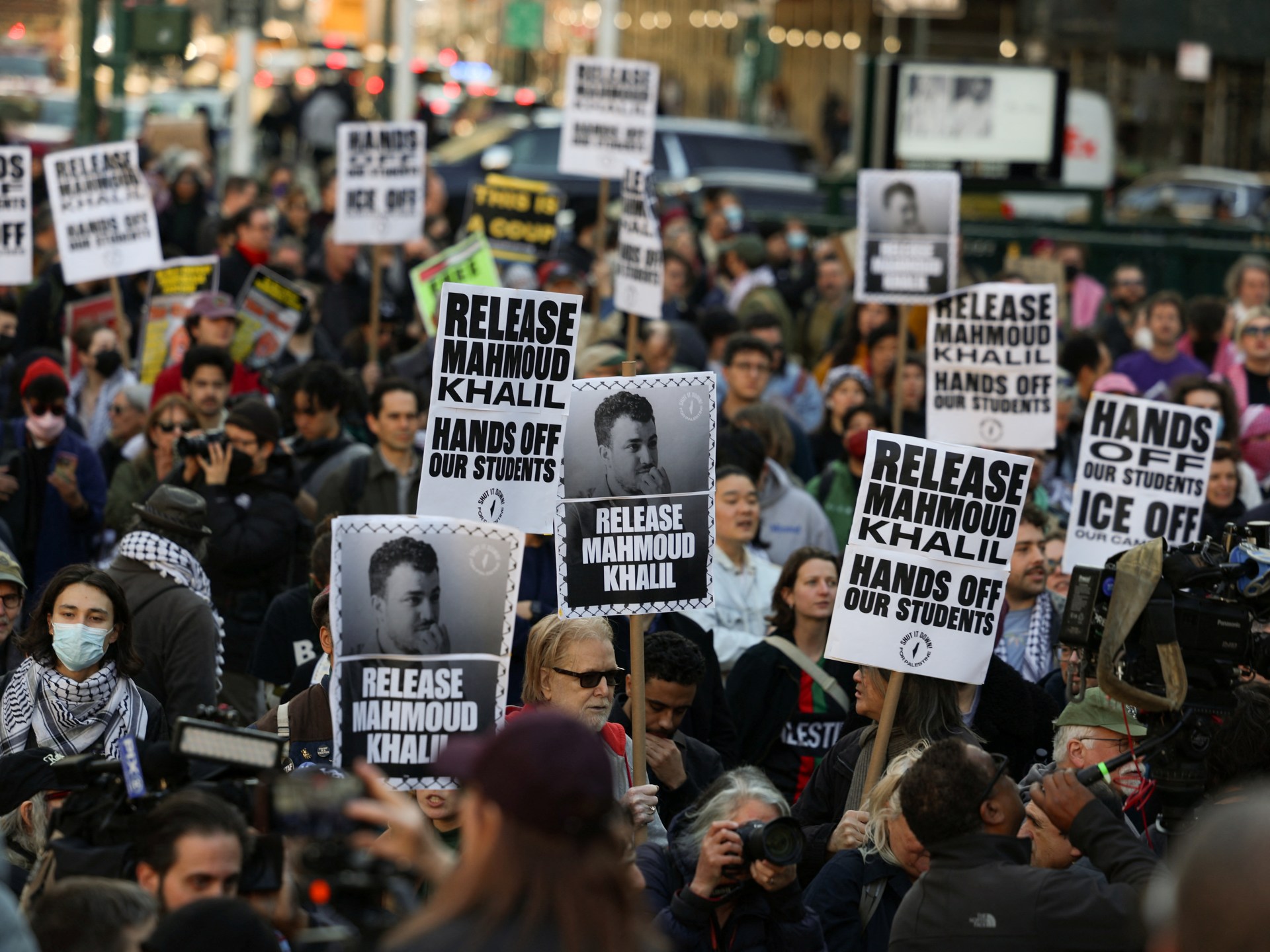Russia’s full-scale invasion of Ukraine launched three years ago has ravaged much of the war-torn nation and killed thousands of Ukrainian civilians.
Both sides have lost enormous numbers of soldiers.
But now on the streets in Russia, some feel hopeful about a possible end to the war and Western-imposed sanctions. Some are optimistic that the hostility with the United States, at its peak under former President Joe Biden, could end as President Donald Trump’s administration works to bring the warring sides to the negotiating table.
Fearing reprisals, all those interviewed in Russia refused to provide their surnames, given Moscow’s crackdown on dissent.
Katherine, a psychiatrist from St Petersburg who protested against the war in 2022, said she supports peace at all costs.
“My clients happily say, ‘Well, the Americans are on our side again. That’s good because America is a great country after all,’” she said.
“Everyone understands that it’s better to be friends with America than to fight. … In general, Russians don’t really like to hate although they know how. In fact, three years of war have not made Russians hate Ukrainians en masse. They rather sympathise with them. And if it’ll be possible not to hate Americans any more, any minute now, then that’s just great too. ”
Elena, also from St Petersburg, said: “Well done, Trump. Let him at least glue them both [Presidents Vladimir Putin of Russia and Volodymyr Zelenskyy of Ukraine] to the negotiating table while he gobbles up their dinners. ”
Washington’s abrupt switch on its Ukraine policy has sent shockwaves through the world.
After a stormy meeting between Trump and Zelenskyy in the White House in February, Washington halted military aid and intelligence sharing with Kyiv.
Faced with the prospect of shouldering the burden for Kyiv’s defence alone, Ukraine’s European allies were jolted.
French President Emmanuel Macron has proposed deploying peacekeepers to Ukraine as part of a possible settlement and expanding France’s atomic arsenal.
Washington’s new position on Ukraine was welcomed, however, in Moscow.
“The new [US] administration is rapidly changing all foreign policy configurations. This largely coincides with our vision,” Kremlin spokesman Dmitry Peskov recently told Russian reporters.
Freezing military aid is a “solution that could really push the Kyiv regime towards a peace process”, Peskov added.
On March 5, US Secretary of State Marco Rubio, who had once called Putin a “thug” and a “gangster”, described the conflict in Ukraine as a proxy war between Washington and Moscow.
Peskov noted that “this completely echoes the position that our president and foreign minister have repeatedly voiced”.
Russian state-aligned media were also optimistic.
“Our idea of peace is clear and obvious: Everything will happen the way we see fit,” the Kremlin-aligned talk show host Vladimir Solovyov said.
“Pay attention that Trump didn’t say anything about Russia’s aggression, didn’t condemn [us], none of the Biden-style insults about Putin – not even close. By the way, I also didn’t hear ‘We’ll stand with you for as long as it takes,’” he said, referring to the former US president who once called Putin a “killer”.
Tensions between Ukraine and Washington appear to have eased since the fiery exchange in the White House between Trump and Zelenskyy. A team of Ukrainian delegates meeting in Saudi Arabia have agreed to a US-proposed 30-day ceasefire in the war. Russia said it is studying the developments closely.
A few remained sceptical, however.
“They should do something, but what? Trump says one thing today and practically the opposite tomorrow,” said Evgeniya, who works as a translator and hails from St Petersburg. “Zelenskyy has insecurities, ambitions, … and Putin has a huge country with resources, an idiotic vision of history and crazy friend Medvedev,” she added, referring to former President Dmitry Medvedev, who presented himself as a liberal while in office but is now more hawkish than Putin himself.
Tatyana, a businesswoman from Moscow, despaired.
“Trump is colluding with what Russia has done to its own homeland, its own people, its own economy,” she said.
“Why did Putin collude with Trump? [Putin] is clearly disagreeable. Apart from [North] Korea and Iran and a few other distant countries, no one respects him. … He destroyed so much – so many cities, so many lives – for nothing, for no reason. Huge amounts of money are being invested in the military industry, but what will happen later when the war stops? There will be a bunch of unemployed, penniless people, and in general, it’s very scary. ”
Although Trump’s position towards Russia is worlds away from Biden’s, the new US administration is not entirely sympathetic to the Kremlin.
On Friday, Trump threatened to slap Russia with additional sanctions if Putin fails to take a seat at the negotiating table.
“Since Trump was elected president of the United States and to this day, I try not to indulge in excessive optimism about a peaceful settlement thanks to his efforts,” Alexey Malinin, founder of the Moscow-based Center for International Interaction and Cooperation and a member of the Digoriya expert club, told Al Jazeera.
“The conflict is very serious, the positions of the parties are largely irreconcilable and Ukraine is currently not demonstrating a readiness for an agreeable dialogue without floating castles and rose-tinted glasses. Now we see that Europe also supports Ukraine’s detachment from reality. And Trump himself, despite numerous demonstrative and insignificant curtsies in our direction, can abandon his peace mission at any moment.
“His negotiating approach often consists in the fact that if the opposing side does not agree with him, he changes his approach to intense pressure, where it is unpredictable what the outcome will be. ”
Malinin, however, welcomed Trump’s apparent willingness to hear out Moscow’s demands.
“A stable peace is possible under the following conditions: Ukraine officially abandons its desire to take Russian territories, refuses to join NATO and ensures incomplete demilitarisation: reduces its army, including heavy weapons,” he continued.
“And such an agreement must be officially supported by a wide range of intermediaries: not only the US and European countries but also countries that we trust more – for example, China, India, Brazil, South Africa, Qatar and others. ”
However, the apparent US willingness to compromise with Russia may not be shared by Ukraine’s European allies or Ukrainians themselves.
“I think there is a window of opportunity that can be lost,” senior Russian analyst Oleg Ignatov of the International Crisis Group told Al Jazeera.








